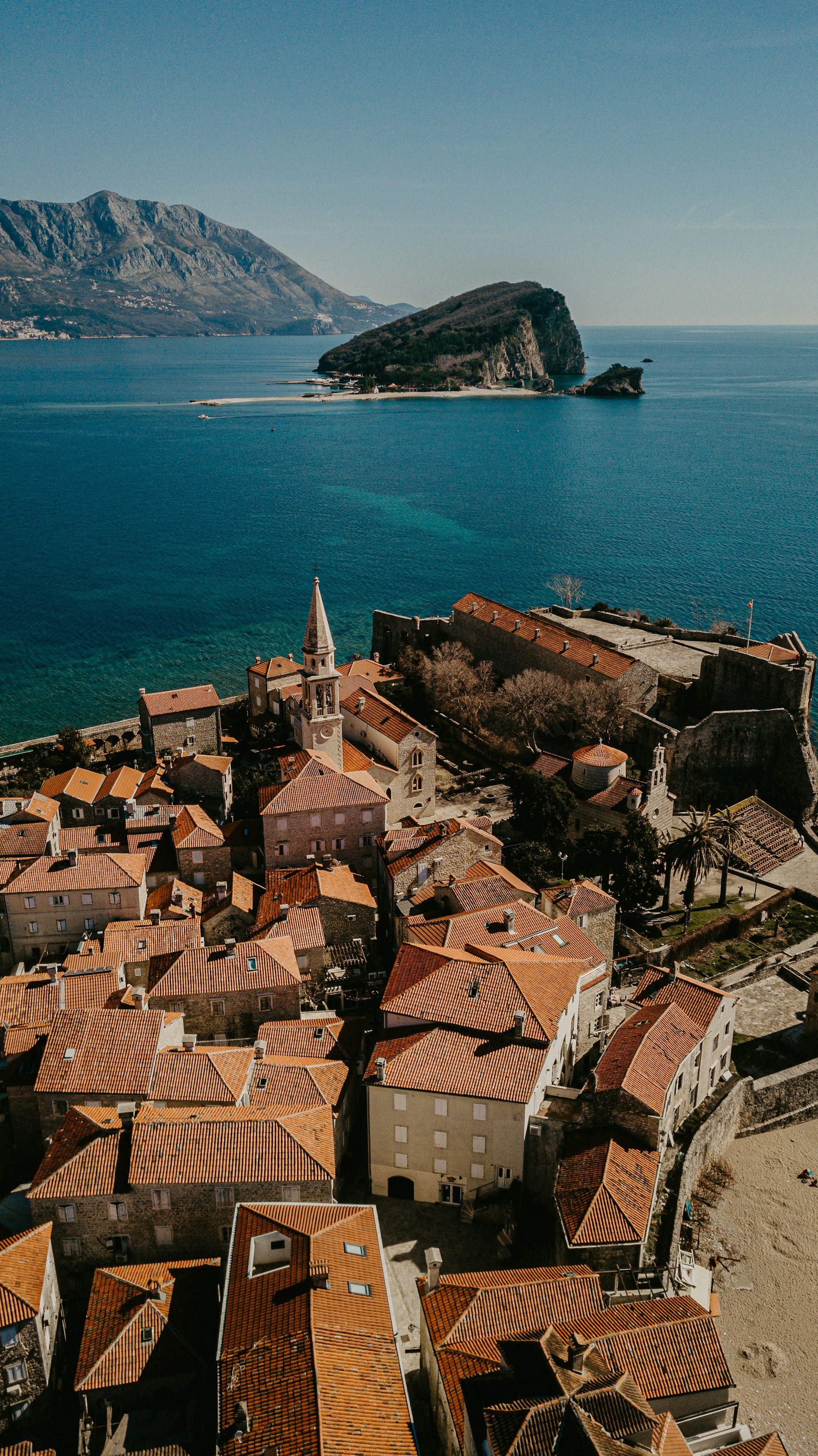Discover Montenegro: Culture, Traditions & Festivals

Discover Montenegro: Culture, Traditions & Festivals
Welcome to Montenegro, a beautiful country nestled in the Balkans, known for its stunning landscapes, rich history, and vibrant culture. Montenegro offers a diverse range of experiences, from exploring ancient walled cities to relaxing on pristine beaches along the Adriatic coastline. In this travel guide, we will delve into the country's unique culture, traditions, and exciting festivals that showcase the Montenegrin spirit.
Culture:
The culture of Montenegro is a fascinating blend of influences from various civilizations, including the Romans, Byzantines, Venetians, Ottomans, and Slavic tribes. This rich tapestry is reflected in the architecture, cuisine, music, and language of the country.
Architecture in Montenegro is a harmonious combination of diverse styles. You will witness the grandeur of Venetian Gothic and Renaissance palaces, Ottoman-inspired mosques, and traditional stone houses with distinctive red tiled roofs. The most famous architectural gem is the beautiful walled city of Kotor, a UNESCO World Heritage Site.
Montenegrin cuisine is a flavorsome journey where Mediterranean and Balkan influences merge. Don't miss out on trying local delicacies like Njeguški pršut (smoked ham), Kajmak (cream cheese), and Kačamak (cornmeal dish), accompanied by the country's award-winning wines and rakija (fruit brandy).
The Montenegrin language, called Montenegrin or Crnogorski jezik, is the official language of the country. It is mutually intelligible with Serbian, Croatian, and Bosnian. English is widely spoken in urban areas and tourist destinations, making communication relatively easy for visitors.
Traditions:
The Montenegrin people hold their traditions close to their hearts, preserving age-old customs and rituals that are passed down through generations.
One of the most cherished traditions is the Montenegrin wedding ceremony. It is a grand affair lasting several days, filled with lively music, traditional dances like the Oro and Kolo, and elaborate costumes. The bride and groom are adorned with beautiful handmade attire, reflecting the region's rich textile heritage.
The clan-based societal structure known as Zadruga still exists in some rural areas of Montenegro. Zadruga represents communal living, where multiple generations of a family reside together and share responsibilities. This tradition is deeply rooted in mutual support, solidarity, and respect for elders.
Orthodox Christianity is the predominant religion in Montenegro, and religious festivities hold great significance. One such event is the Easter procession, where believers take part in a candlelit procession and church services. This celebration combines religious devotion with vibrant cultural traditions.
Festivals:
Montenegro hosts a multitude of festivals throughout the year, showcasing the country's diverse cultural heritage and artistic talent.
The Kotor Carnival is a highlight, held annually in February. This extravagant event features colorful parades, masked dancers, and lively music, creating a festive atmosphere reminiscent of Venetian carnivals.
The Herceg Novi Film Festival is a must-visit for cinema lovers. It brings together filmmakers from around the world, showcasing a diverse range of international films, documentaries, and short films against the backdrop of the picturesque coastal town.
The Sea Dance Festival, held on the beautiful Jaz Beach, is a music extravaganza that attracts renowned DJ acts and music enthusiasts from all over Europe. Dance the night away under the stars, enjoying the pulsating beats of various genres, including electronic, techno, and pop.
For a taste of Montenegrin folk traditions, the traditional music festival Pjesma Mediterana (Song of the Mediterranean) is a must-see. Held in Budva during the summer, this festival celebrates the rich musical heritage of the region, with performances by local and international artists.
This is just a glimpse into the cultural tapestry that Montenegro offers. Exploring the country's centuries-old traditions and experiencing its vibrant festivals will undoubtedly leave you with lasting memories of this enchanting Balkan gem.
